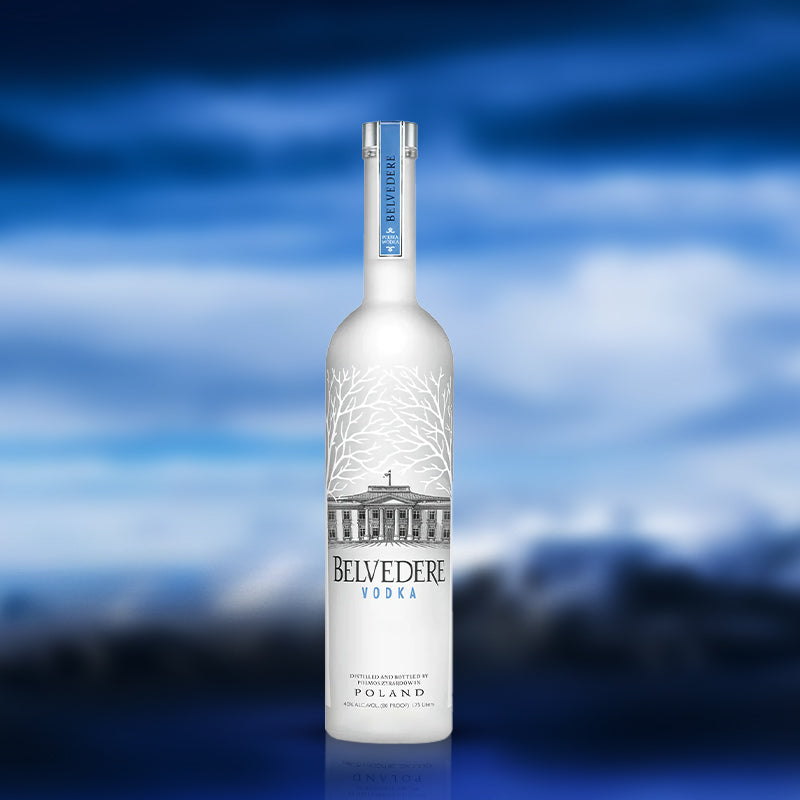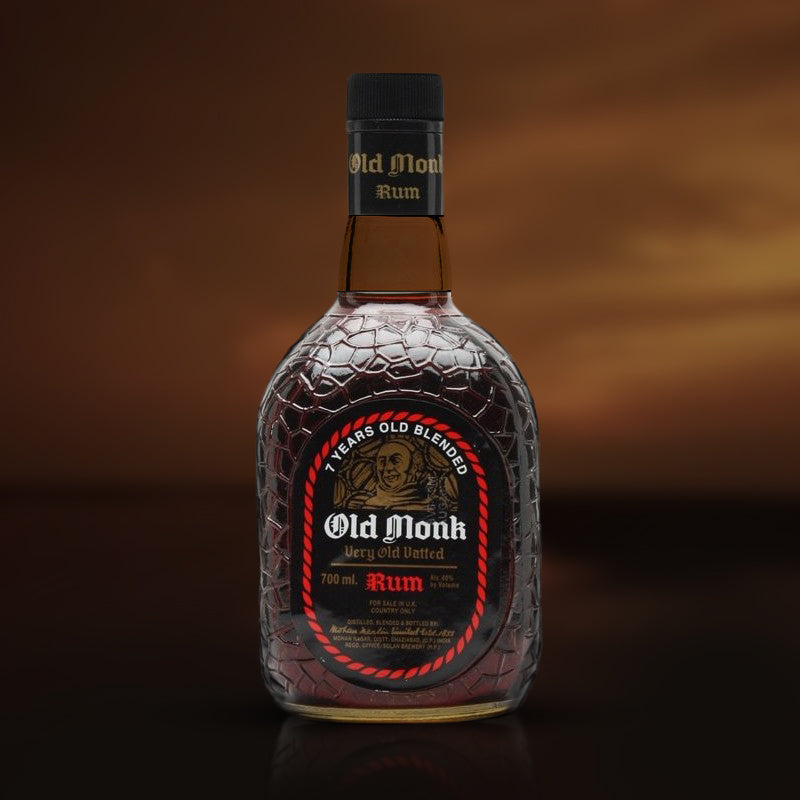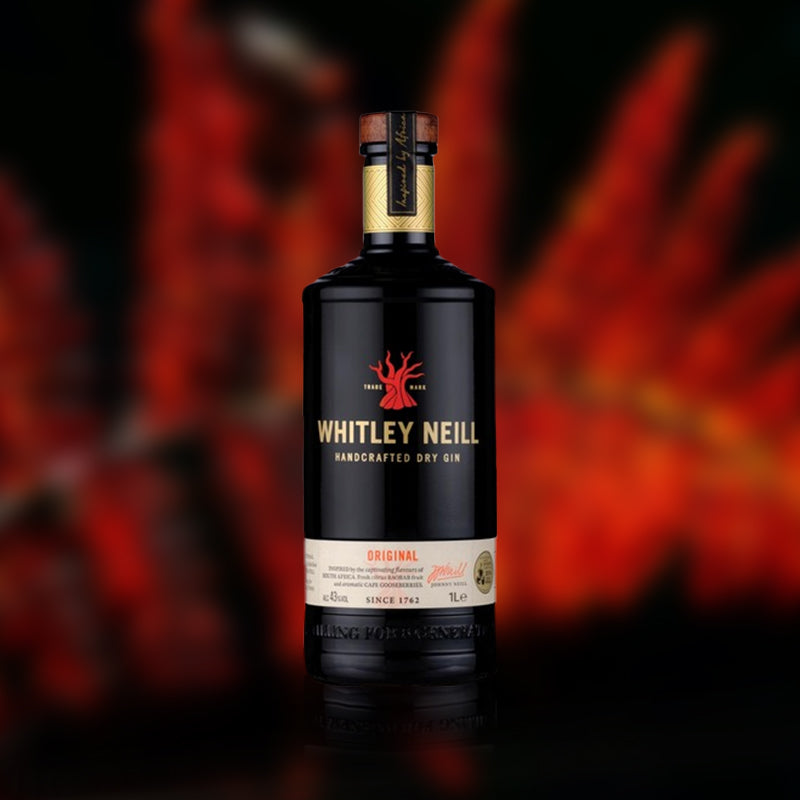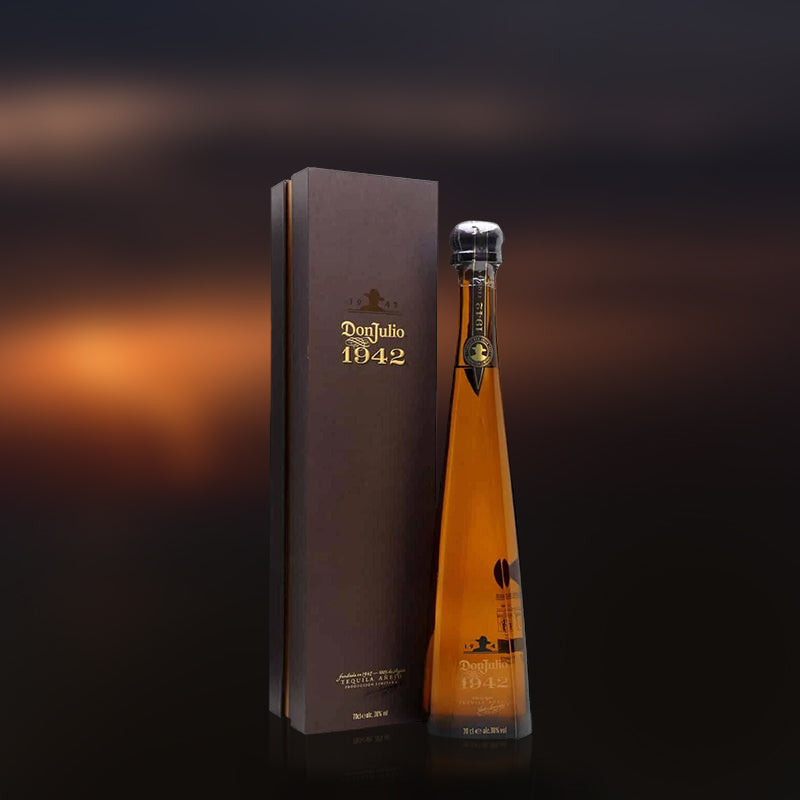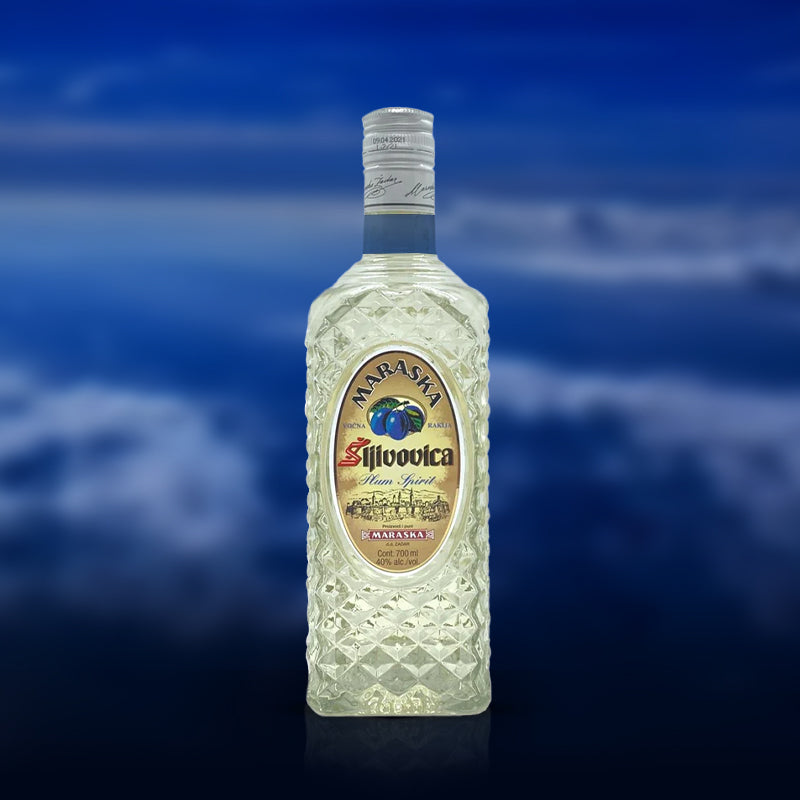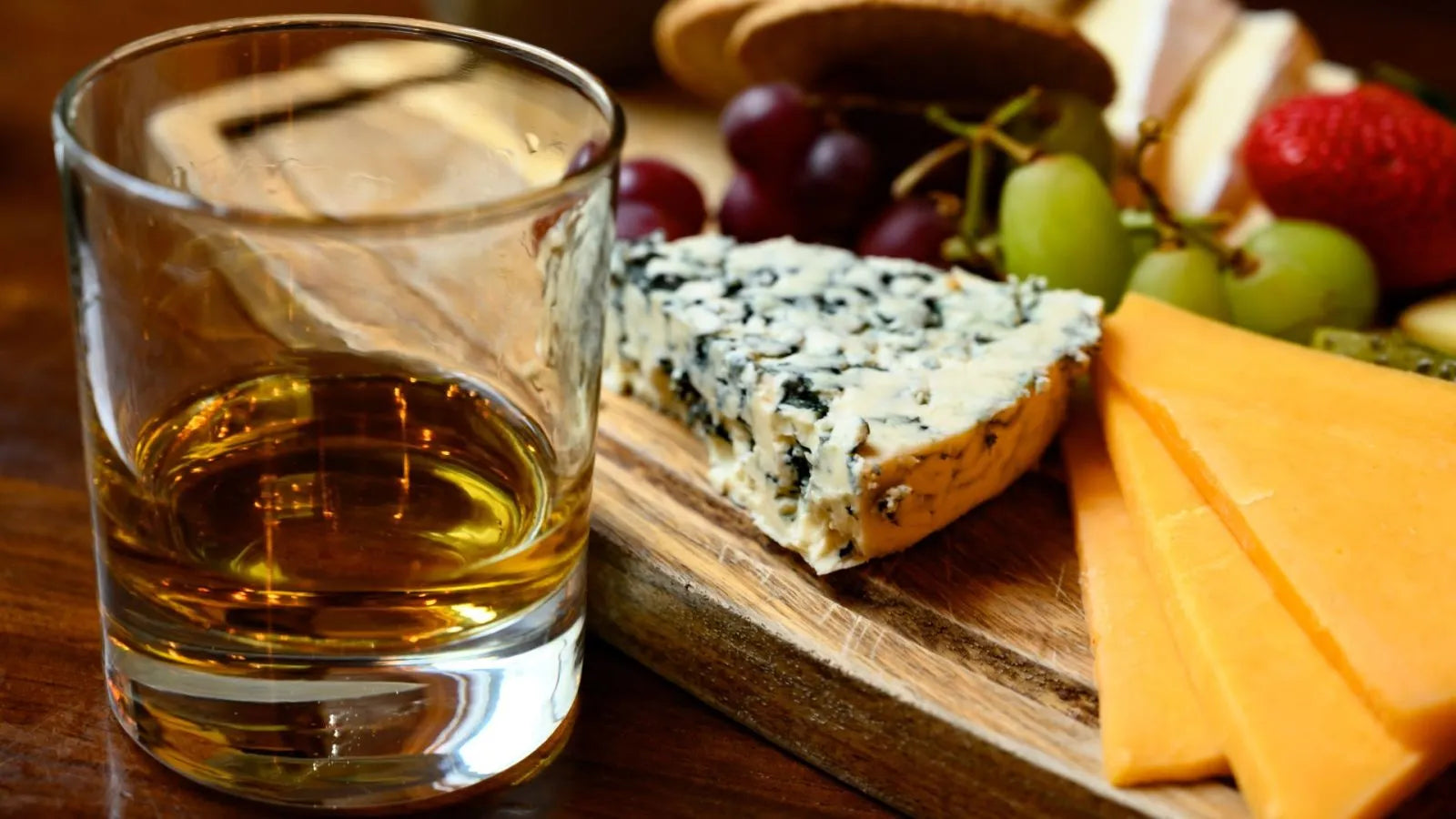Thus, by exploring the detailed processes involved in distillation. It will enable us to appreciate the artistry that turns these alcoholic beverages into works of art on a deeper level. Come along as we unravel the mysteries of the journey from grain to glass and discover the enchantment that lies behind each sip.
1. Choosing the Finest Ingredients
The process of creating unique spirits starts with the careful selection of premium components. The flavour character of the finished product is greatly influenced by the selection of grains, fruits, or botanicals. Distillers carefully choose ingredients from sustainably farmed local sources to guarantee their products are fresh.
For example, just malted barley, water, and yeast are needed to make single-malt Scotch whisky. Yet, even these basic components can have wildly different quality levels. Similar to this, juniper berries and other botanicals are meticulously chosen by gin producers to provide distinctive and nuanced flavours. This meticulous selection procedure guarantees the best possible basis for the spirit.
2. Learning the Technique of Fermentation
In the distillation process, fermentation is an essential stage when yeast converts glucose to alcohol. To simply attain the appropriate alcohol concentration and flavour attributes, this phase necessitates exact control over temperature and time. The yeast strain selected and the fermentation environment are critical factors throughout the fermentation process.
This is because the fermentation process in the making of whisky might take many days, allowing for the creation of rich, complex flavours. The distiller's skill is demonstrated by their command of fermentation. It all hinges on how well they comprehend the complex biological mechanisms at play. Hence, distillers may control the complexity and depth of flavour in a spirit by closely observing and modifying many factors.
3. The Method of Distillation
The first step in making spirits is distillation. This involves heating the fermenting liquid in a still to separate the alcohol from water and other ingredients. The alcohol is concentrated, and the flavours are enhanced by this procedure. There are several kinds of stills, including column and pot stills. They all provide special attributes to the spirit.
Scotch whisky is usually made in pot stills, which give the whisky a stronger, deeper flavour. On the other hand, vodka and other clear spirits are frequently made in column stills. They provide a greater degree of uniformity and purity. Technical expertise and a sixth feeling for timing are needed to operate these stills skillfully.
In conclusion
The skill of distilling unique spirits is a fascinating fusion of science and art. This process has its roots in the past but is constantly changing. Every stage of the process, from choosing the best ingredients to perfecting fermentation and distillation, demonstrates the talent and commitment of the distiller. However, what comes out is a product that reflects their passion and competence rather than just being a drink.
Therefore, remember to appreciate the artistry that goes into each drop of your next glass of exquisite spirits while you enjoy it since they represent the height of distilling perfection.







